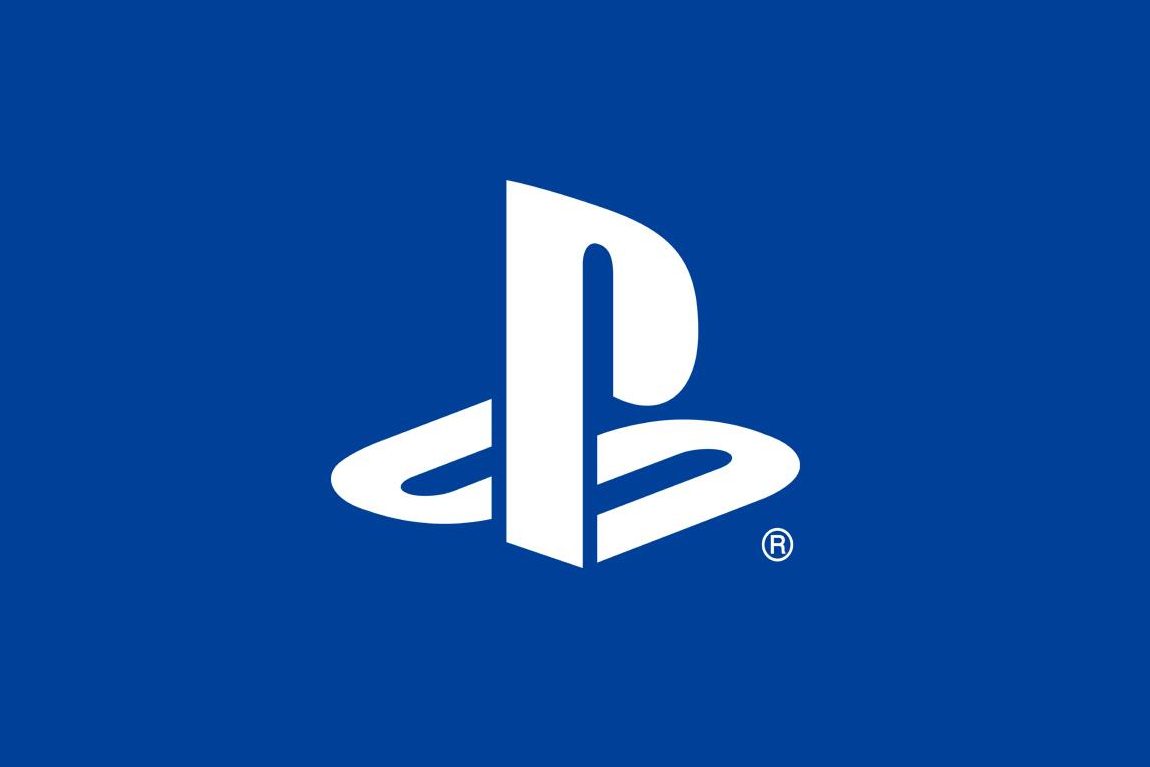Sony's Price Hike: A Global Shift in Gaming Economics
April 15, 2025, 9:45 pm

Location: United States, California, Princeton-by-the-Sea
Employees: 5001-10000
Founded date: 1994
Total raised: $50K
Sony has made waves again. The PlayStation 5, a titan in the gaming world, is seeing its price soar in several regions. Europe, Australia, New Zealand, and parts of the Middle East are feeling the pinch. Prices are climbing by 10-15%, depending on where you live. This decision is a response to the stormy seas of global economics. Inflation is high, and currency values are dancing unpredictably.
In Europe, the PS5 Digital Edition now sits at €499.99, up from €449.99. In the UK, it’s gone from £389.99 to £429.99. Australia is not spared either, with prices hitting AUD $829.95. The standard version with a disc drive is also seeing adjustments. In some areas, it’s creeping close to AUD $950.
But here’s the twist: the United States is untouched. Amidst the chaos of tariffs and trade wars, American gamers can breathe easy. The PS5 remains at $399 for the digital version and $449 for the standard model. This anomaly raises eyebrows. Why is the U.S. spared?
Sony cites the “challenging economic situation” as the reason for the price hikes. They are not alone. Microsoft’s Xbox is in the same boat, with production largely based in China. The gaming industry is feeling the heat. The Verge suggests that this price increase is a strategic move. It’s a way to cushion the blow of potential price spikes in the U.S. market, a crucial territory for Sony.
Bloomberg paints a more alarming picture. They predict a possible 30% price increase in the U.S. market. If that happens, the digital version could rise to $518, and the standard model could hit $583. That’s a hefty jump. Gamers are left wondering: when will the other shoe drop?
The gaming landscape is shifting. Sony’s price hike is not just about numbers; it’s a reflection of broader economic trends. Inflation is a beast that many industries are grappling with. The tech sector is particularly vulnerable. Components are more expensive, and supply chains are still recovering from pandemic disruptions.
Yet, there’s a silver lining. While the console prices are climbing, the external disc drive is getting cheaper. It’s now priced at €79.99, £69.99, AUD $124.95, or NZD $139.95, depending on the region. This could soften the blow for those who opted for the digital version but are now reconsidering.
The U.S. market remains a mystery. Sony hasn’t provided clarity on why American prices are stable. Local economic factors likely play a role. The U.S. economy has shown resilience, but for how long? Gamers are left in a state of uncertainty. Will the price hikes eventually reach American shores?
The timing of this price increase is curious. It comes as the gaming industry is experiencing a renaissance. New titles are dropping, and the demand for consoles remains high. Gamers are eager to get their hands on the latest technology. Yet, rising prices could dampen enthusiasm.
Sony’s decision also highlights the competitive landscape. Microsoft is watching closely. They too face the pressures of rising costs. The gaming giants are in a delicate dance. Price increases could shift the balance of power.
For now, the focus is on the consumer. Gamers in affected regions are feeling the sting. The excitement of new releases is overshadowed by rising costs. It’s a bitter pill to swallow.
As the gaming world evolves, so do the challenges. Sony’s price hike is a wake-up call. It’s a reminder that the gaming industry is not immune to economic realities. Gamers must navigate this new terrain.
In conclusion, Sony’s price increase is more than just a number. It’s a reflection of global economic challenges. The gaming industry is at a crossroads. As prices rise, the question remains: how will consumers respond? Will they continue to invest in their passion, or will they pull back? The future of gaming hangs in the balance.
In Europe, the PS5 Digital Edition now sits at €499.99, up from €449.99. In the UK, it’s gone from £389.99 to £429.99. Australia is not spared either, with prices hitting AUD $829.95. The standard version with a disc drive is also seeing adjustments. In some areas, it’s creeping close to AUD $950.
But here’s the twist: the United States is untouched. Amidst the chaos of tariffs and trade wars, American gamers can breathe easy. The PS5 remains at $399 for the digital version and $449 for the standard model. This anomaly raises eyebrows. Why is the U.S. spared?
Sony cites the “challenging economic situation” as the reason for the price hikes. They are not alone. Microsoft’s Xbox is in the same boat, with production largely based in China. The gaming industry is feeling the heat. The Verge suggests that this price increase is a strategic move. It’s a way to cushion the blow of potential price spikes in the U.S. market, a crucial territory for Sony.
Bloomberg paints a more alarming picture. They predict a possible 30% price increase in the U.S. market. If that happens, the digital version could rise to $518, and the standard model could hit $583. That’s a hefty jump. Gamers are left wondering: when will the other shoe drop?
The gaming landscape is shifting. Sony’s price hike is not just about numbers; it’s a reflection of broader economic trends. Inflation is a beast that many industries are grappling with. The tech sector is particularly vulnerable. Components are more expensive, and supply chains are still recovering from pandemic disruptions.
Yet, there’s a silver lining. While the console prices are climbing, the external disc drive is getting cheaper. It’s now priced at €79.99, £69.99, AUD $124.95, or NZD $139.95, depending on the region. This could soften the blow for those who opted for the digital version but are now reconsidering.
The U.S. market remains a mystery. Sony hasn’t provided clarity on why American prices are stable. Local economic factors likely play a role. The U.S. economy has shown resilience, but for how long? Gamers are left in a state of uncertainty. Will the price hikes eventually reach American shores?
The timing of this price increase is curious. It comes as the gaming industry is experiencing a renaissance. New titles are dropping, and the demand for consoles remains high. Gamers are eager to get their hands on the latest technology. Yet, rising prices could dampen enthusiasm.
Sony’s decision also highlights the competitive landscape. Microsoft is watching closely. They too face the pressures of rising costs. The gaming giants are in a delicate dance. Price increases could shift the balance of power.
For now, the focus is on the consumer. Gamers in affected regions are feeling the sting. The excitement of new releases is overshadowed by rising costs. It’s a bitter pill to swallow.
As the gaming world evolves, so do the challenges. Sony’s price hike is a wake-up call. It’s a reminder that the gaming industry is not immune to economic realities. Gamers must navigate this new terrain.
In conclusion, Sony’s price increase is more than just a number. It’s a reflection of global economic challenges. The gaming industry is at a crossroads. As prices rise, the question remains: how will consumers respond? Will they continue to invest in their passion, or will they pull back? The future of gaming hangs in the balance.
